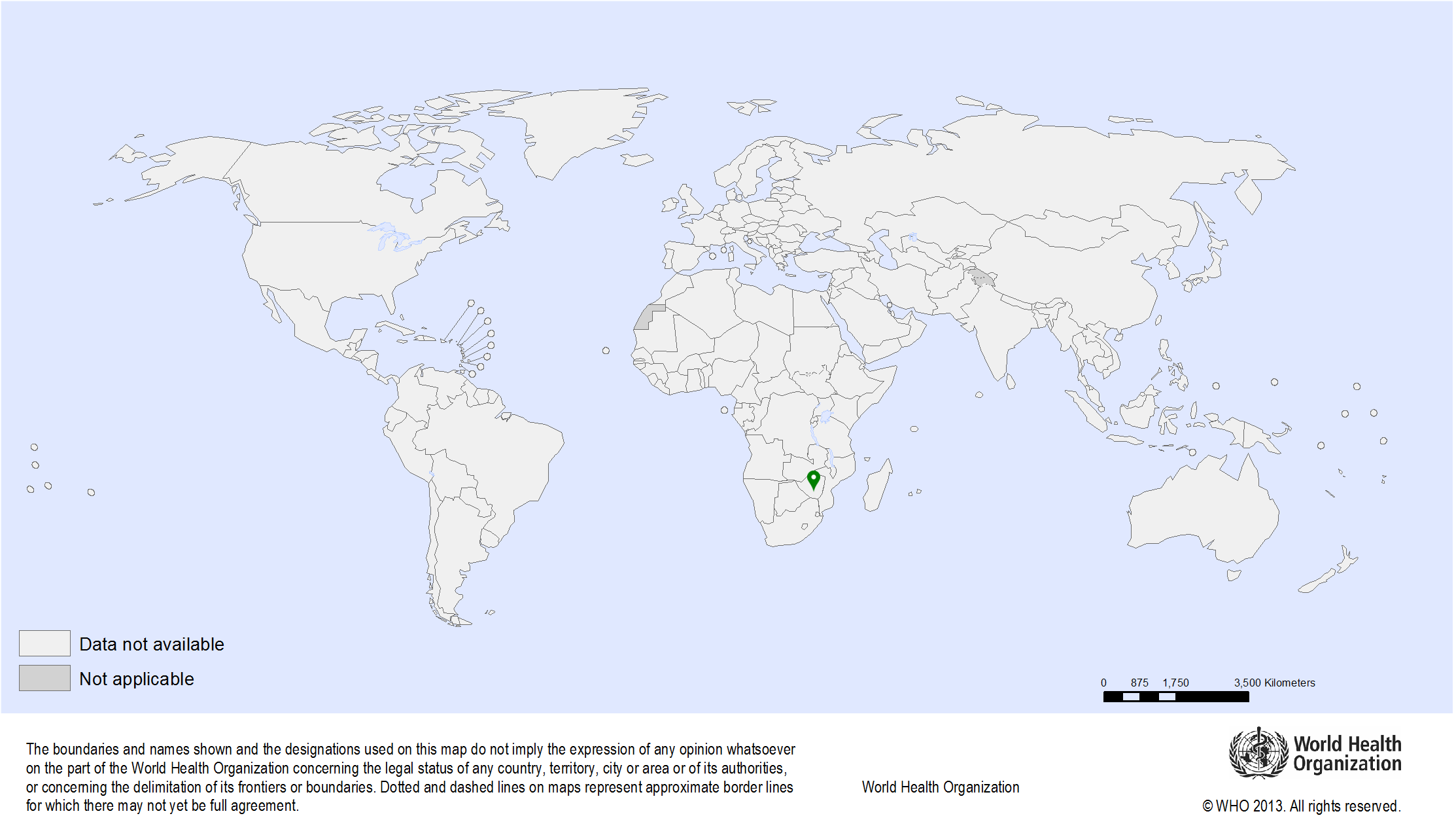| Study sites: | Harare, Zimbabwe |
| Principal investigator (PI) from IARC: | P. Basu and C. Sauvaget |
| PIs from collaborating institutions: | Dr Bothwell T Guzha, University of Zimbabwe |
| Map: | 
|
| Start date: | 2021 |
| Closure date: | Ongoing |
| Objectives: |
- To study the feasibility, acceptability, safety, clinical utility and effectiveness of thermal ablation in cervical intraepithelial neoplasia (CIN) treatment
- To compare the intensity of pain during thermal ablation after application of local anaesthesia by lidocaine spray vs no lidocaine use
- To compare the cure rates of lesions treated by thermal ablation with two different durations of treatment: 20 seconds and 30 seconds
|
| Methodology: | Randomized controlled trial with 4 groups:
- Thermal ablation for 30 seconds without lignocaine use
- Thermal ablation for 20 seconds without lignocaine use
- Thermal ablation for 30 seconds with lignocaine use
- Thermal ablation for 20 seconds with lignocaine use
Thermal ablation will be provided to women referred for histology confirmed CIN 2 and CIN3 or to those presenting colposcopic impression of high grade cervical lesions. All lesions should be eligible to ablative treatment. Immediately after treatment, women will be inquired about the level of pain and the degree of satisfaction of the treatment. They will be invited at a 6-week, and a 12-month follow-up visits to report any adverse events and to measure the cure rate. |
| ClinicalTrials.gov identifier: | NCT02956239 |
| Funding: | Intramural funds from IARC |




